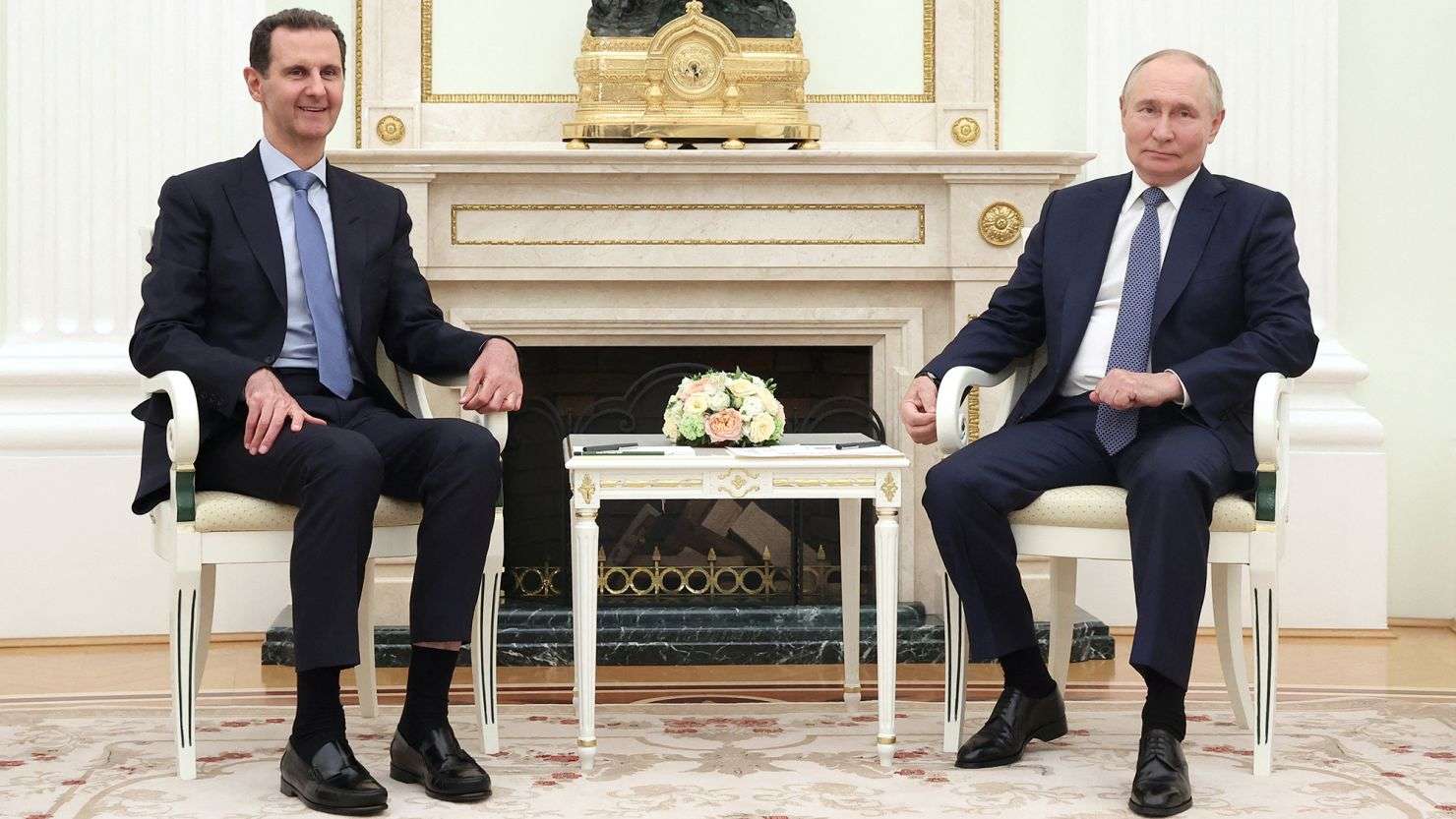Syria’s Bashar al-Assad Reportedly Airlifted £200 Million To Russia In Cash Before Fleeing To Exile In Moscow

Syrian dictator Bashar al-Assad reportedly transferred approximately million in cash to Moscow in a series of covert flights between 2018 and 2019, according to a report by the Financial Times.
The investigation revealed that Assad’s regime transported massive amounts of banknotes—both US dollars and euros—on 21 flights to Moscow’s Vnukovo Airport. The cash was deposited into Russian banks as Syria faced economic collapse and increasing dependency on Russian military and financial support.
The report highlighted that Assad’s family simultaneously began purchasing luxury properties in Moscow during this period. Records also show that Russia exported new Syrian banknotes, secure paper, and military components to Syria during the same timeframe.
The airlifted cash included shipments of million in bills in 2019 and €20 million in €500 notes in early 2019. The Financial Times reported that foreign reserves in Syria’s central bank were nearly depleted by 2018 due to international sanctions, forcing the regime to rely on cash payments.
Sources close to the Syrian central bank disclosed that these funds were used to purchase wheat, pay for money-printing services, and finance military expenditures. However, Russian records do not specify which banks received the funds or any further details about the transactions.
The Assad regime has long been accused of looting Syria’s resources and engaging in criminal enterprises to fund its war efforts, including international drug trafficking and fuel smuggling. The US Treasury previously sanctioned Syria’s central bank and its officials for facilitating bulk cash transfers to Russia.
According to the report, cash deliveries in 2018 and 2019 were linked to Russian Financial Corporation Bank (RFK), controlled by Rosoboronexport, Russia’s state arms exporter. Additional shipments of million in cash were sent to TsMR Bank, another Russian lender sanctioned by the US.
Russia’s military support for Assad dates back to 2015, when it launched an air campaign to suppress Syrian rebels and Islamist insurgents. Over the years, ties between Moscow and Damascus deepened, with Russian companies becoming involved in Syria’s lucrative phosphate trade and military supply chains.
However, recent reports suggest that Russia helped Assad flee Syria to Moscow after rebels gained power, prompting backlash from former loyalists who now accuse Assad of prioritizing his self-interest.
Asma al-Assad, Syria’s first lady and former JP Morgan banker, has also been implicated in steering international aid and overseeing a secretive presidential economic council that allegedly facilitated these transfers and illicit activities.
The revelations come as international scrutiny intensifies over Assad’s financial dealings and Russia’s role in supporting his regime. Washington has long condemned these transactions, and the latest disclosures have renewed calls for accountability for the Assad regime’s alleged crimes against its people.
The Financial Times report underscores how Syria’s war-torn economy has been systematically exploited to sustain Assad’s rule, even as his regime faces mounting opposition and international sanctions.

